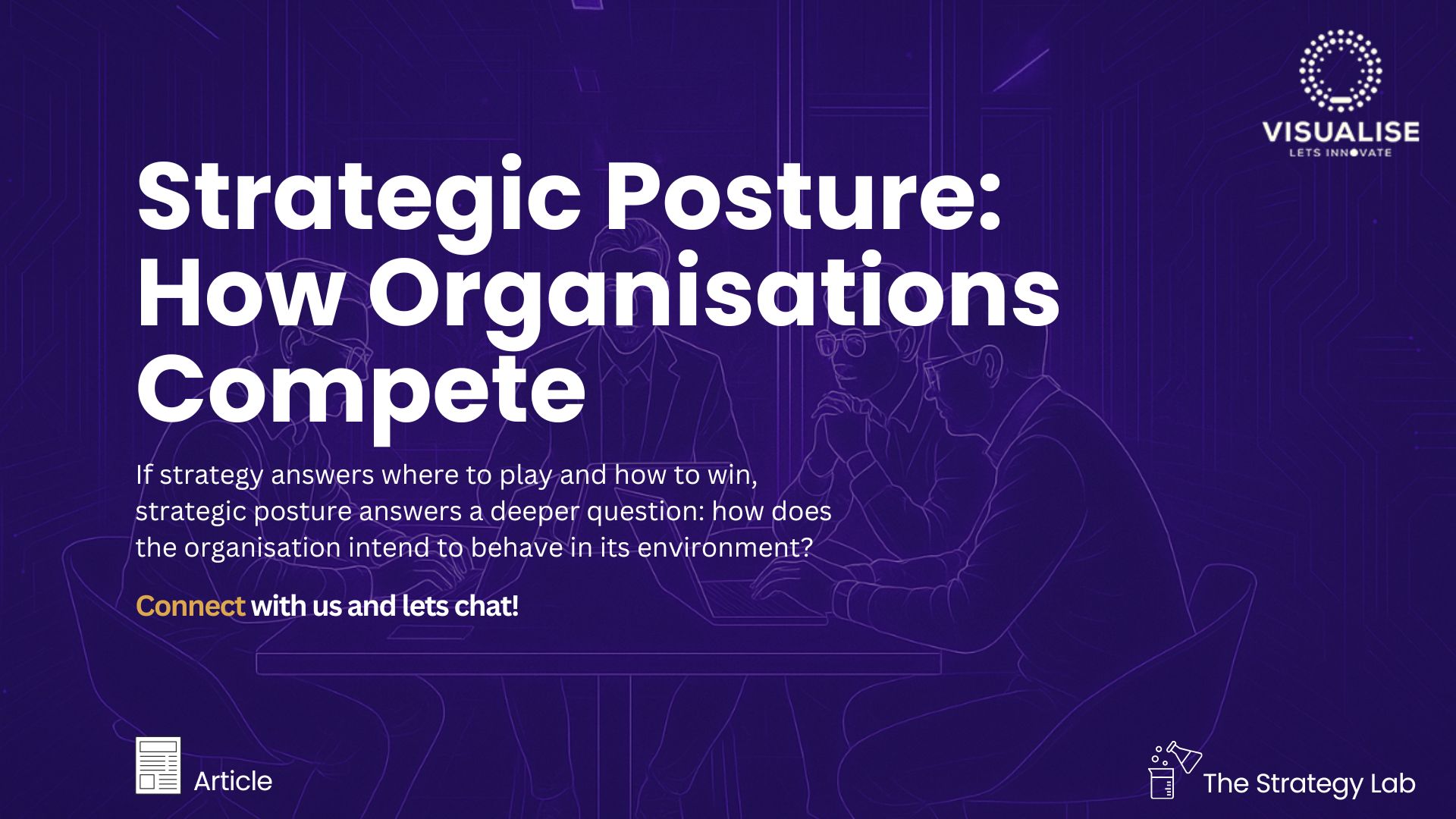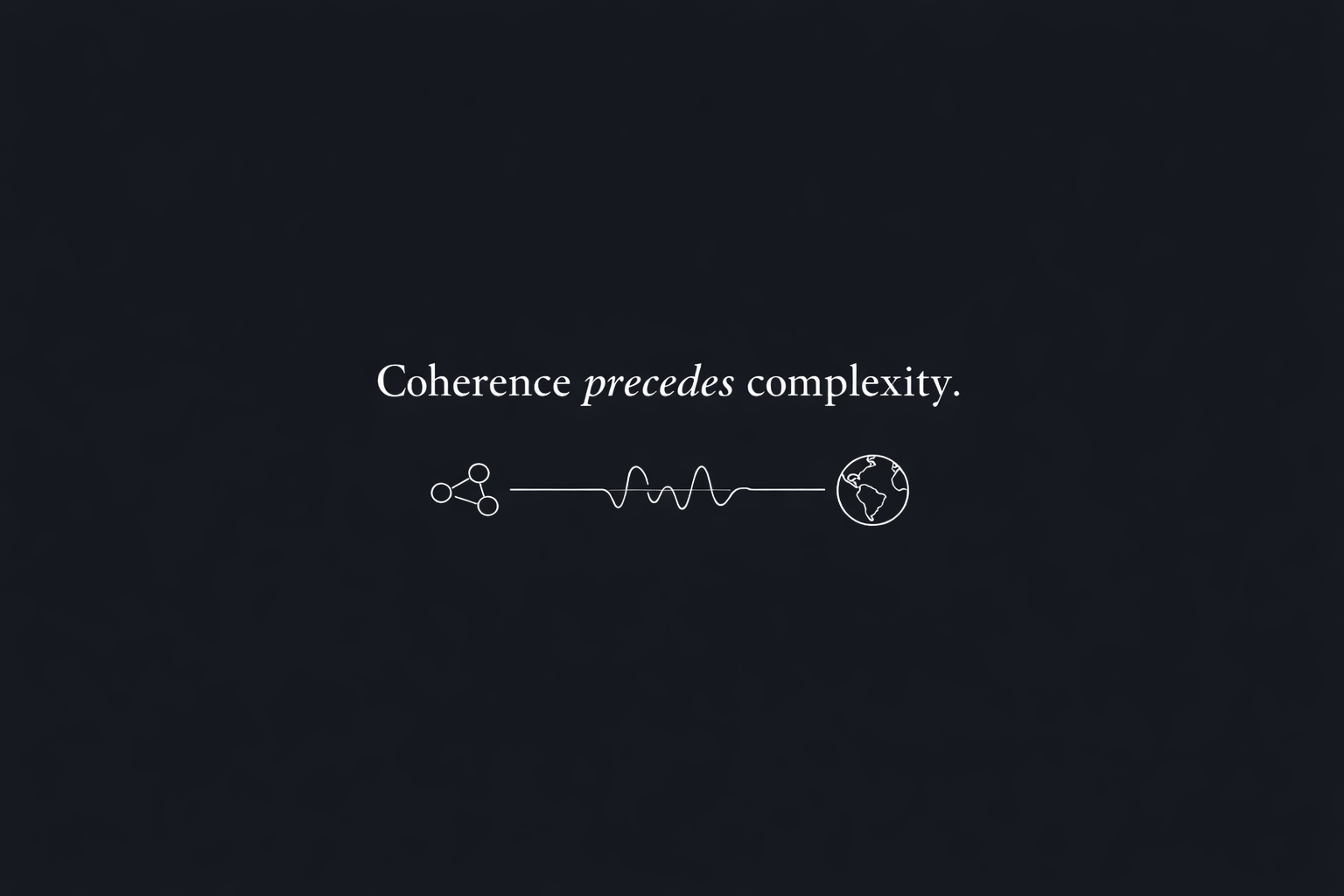Sep05

As we navigate through the complexities of the 21st century, marked by technological revolutions, economic disparities, and shifting societal values, the concept of Universal Basic Income (UBI) emerges not just as a policy option but as a fundamental necessity for redefining human rights and economic security. This article, aimed at my fellow global leaders and influencers, seeks to ignite a dialogue on why UBI should be at the forefront of our collective agenda, advocating for its implementation as a moral and economic imperative.
The Current Paradigm: A Race for Survival
Our global society is currently caught in a relentless pursuit of survival, where individuals chase after jobs not for fulfillment but for mere existence. This chase not only erodes mental health but undermines human dignity, pushing us towards a collective introspection on what truly constitutes a life worth living.
The Universal Declaration of Human Rights: A Call to Action
The Universal Declaration of Human Rights, while revered, often lacks practical implementation in policy-making. It explicitly outlines the right to social security and an adequate standard of living. If we truly value human rights, UBI isn't just a policy; it's a declaration of what should be common sense in our society.
Why UBI? The Case for Change
- Reducing Stress and Enhancing Mental Health: Research indicates that UBI significantly reduces stress, thereby improving mental health. This isn't just about financial relief; it's about restoring human dignity and capacity for genuine living.
- Economic Efficiency and Growth: By providing a safety net, UBI can stimulate economic activity, reduce administrative costs of welfare, and potentially increase entrepreneurial activities as individuals feel secure enough to innovate.
- Addressing Technological Unemployment: With AI and automation disrupting job markets, UBI acts as a buffer, allowing individuals to adapt, retrain, or pursue new opportunities without the immediate threat of destitution.
Implementation Strategies for UBI
- Gradual Implementation: Start with pilot programs in specific regions, learning from each phase before scaling up. This approach allows for real-time adjustments based on economic impacts and societal feedback.
- Funding Mechanisms: Explore various funding models, from progressive taxation to leveraging national resources or even digital currencies. The key is sustainability and fairness in distribution.
- Education and Advocacy: As leaders, our role extends beyond policy-making to education. We must advocate for UBI not just as an economic policy but as a human rights initiative, educating our constituents on its benefits and necessity.
The Role of Leaders in Change Management
- Self-Reflection: Before advocating for societal change, leaders must embody the change. This means questioning our own values, understanding the implications of UBI on our personal beliefs, and aligning our actions with the principles of fairness and dignity we wish to see in society.
- Advocacy and Education: Our role extends beyond policy-making to education. We must advocate for UBI not just as an economic policy but as a human rights initiative, educating our constituents on its benefits and necessity. This involves:
- Public Forums and Debates: Engaging in open discussions, inviting experts, and providing platforms for dialogue on UBI.
- Integration in Educational Systems: Introducing the concept of UBI in educational curriculums to foster a new generation that understands and supports this economic model.
- Policy Implementation:
- Pilot Programs: Initiate UBI trials in select regions to gather data, assess impacts, and refine the approach based on real-world outcomes.
- Funding Models: Explore sustainable funding mechanisms, such as progressive taxation, reallocation of existing welfare budgets, or even leveraging digital currencies.
The Global Perspective
- International Collaboration: UBI isn't just a national issue; it's global. Leaders should advocate for international cooperation to explore how UBI could be implemented across borders, considering the economic disparities and the global nature of modern economies.
- Addressing Global Inequality: UBI could serve as a tool to address global inequalities, providing a basic standard of living that respects human rights universally, not just within wealthy nations.
Conclusion
The imperative for Universal Basic Income in the new world order isn't just about economic policy; it's about redefining what it means to live with dignity in the 21st century. As leaders, our challenge and opportunity lie in pioneering this change, ensuring that the basic right to a dignified life is not just a philosophical ideal but a practical reality. By advocating for, implementing, and refining UBI, we pave the way for a society where every individual has the foundation to thrive, not just survive. This is not merely a policy shift; it's a paradigm change towards a more equitable, humane, and forward-thinking global community.
Should you wish to explore further dimensions of Universal Basic Income, or if you possess inquiries, strategies, or concepts to contribute, I invite you to get in touch. Collaborative efforts are essential for effecting substantial change. Please feel free to contact me through my profile on Thinkers360 or via my personal website. Together, we can forge a path towards a future where Universal Basic Income might significantly influence our societal framework.
Keywords: Change Management, Future of Work, Leadership
 AI and Embedded Connectivity: A New Era of Smart Devices
AI and Embedded Connectivity: A New Era of Smart Devices Strategic Posture: How Organisations Compete
Strategic Posture: How Organisations Compete Coherence Before Complexity
Coherence Before Complexity The Corix Partners Friday Reading List - February 20, 2026
The Corix Partners Friday Reading List - February 20, 2026 The retail playbook that worked for 30 years? It's not broken. It's just finished.
The retail playbook that worked for 30 years? It's not broken. It's just finished.